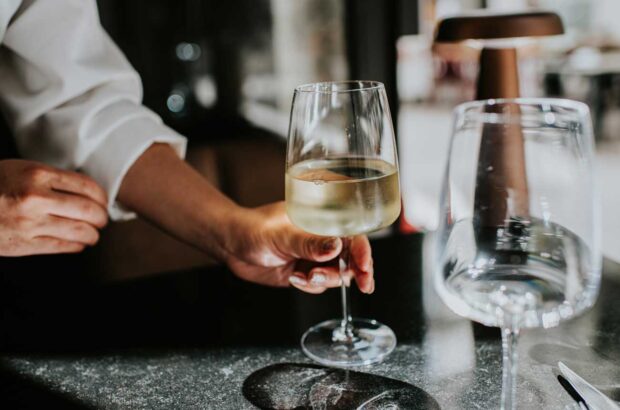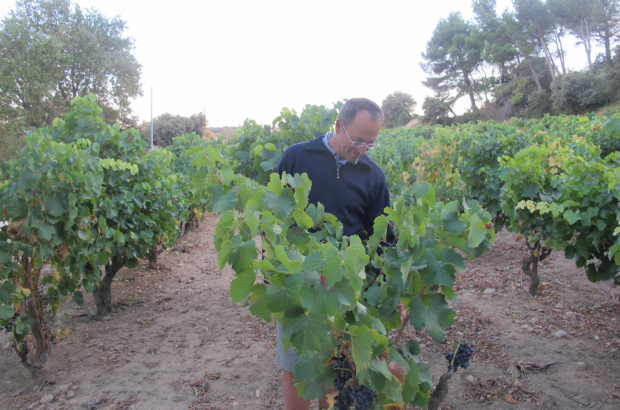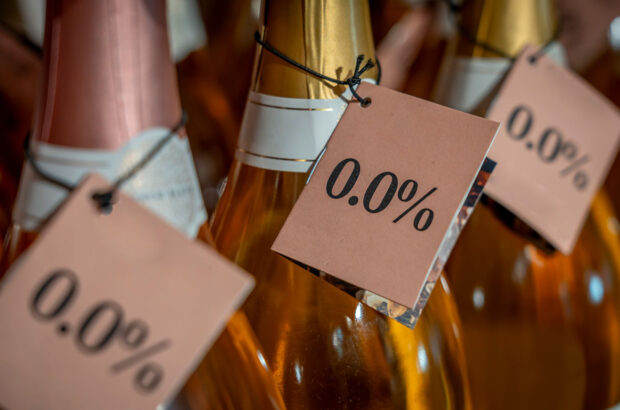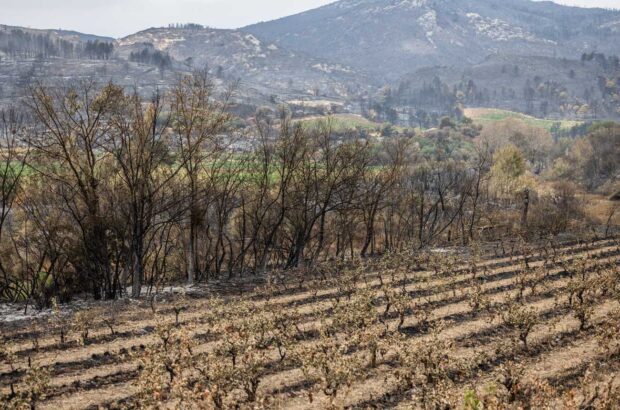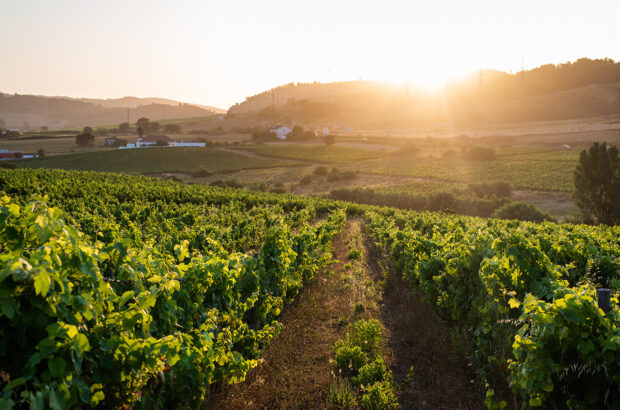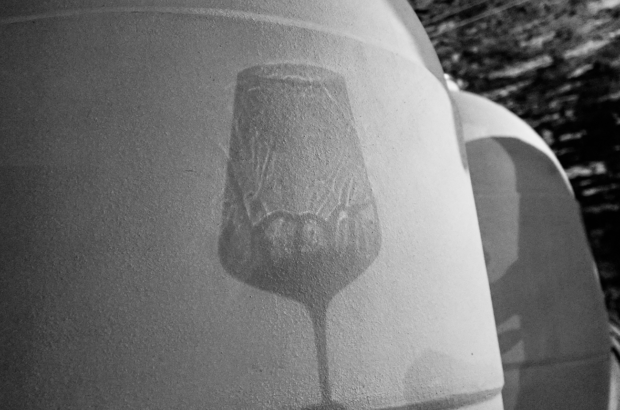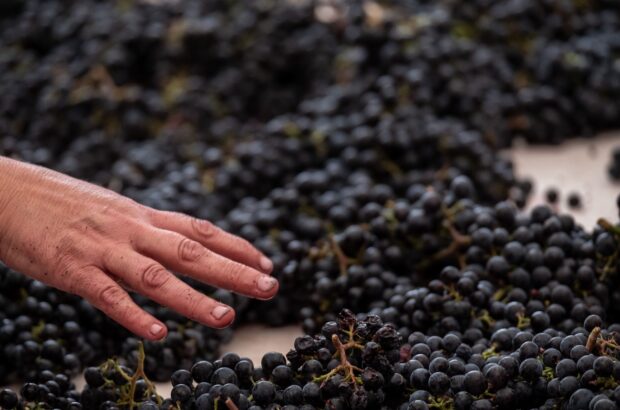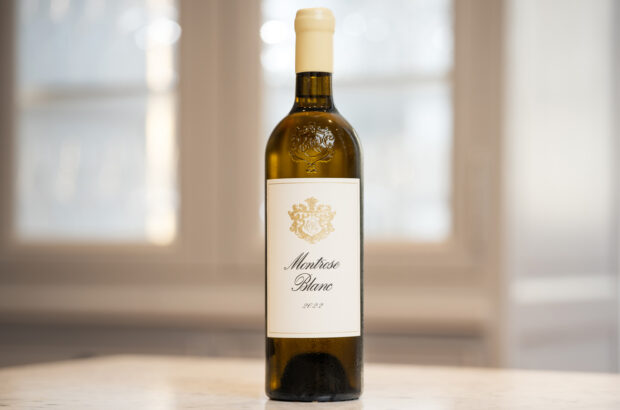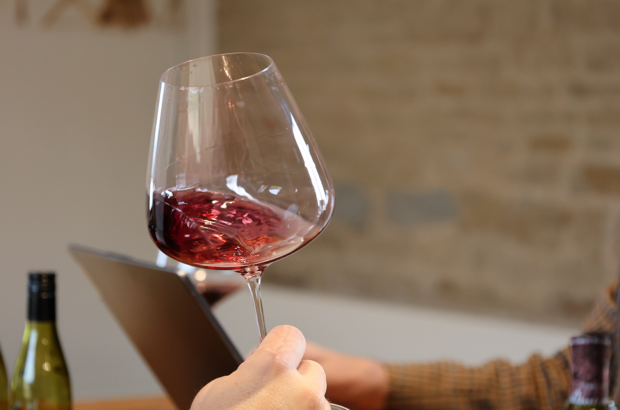While wine’s reputation suffers from its new status as a carcinogen, oligarchs presiding over the Second American Gilded Age engage in hyperbaric therapy, light therapy and cryotherapy. They take longevity drugs, pop supplements, swap out their blood plasma and follow strict diet and exercise regimens.
In this milieu, wine appreciation feels positively transgressive. Why not kick it while it’s down?
The surest way to ensure wine’s demise is to politicise it. And this is already happening. Carlin Karr, director of wine & beverage at the highly regarded Frasca Hospitality Group in Colorado, has been chided on social media for using terms such as ‘blue chip’ and ‘iconic’ to describe – how else to put this? – iconic, blue-chip wines. ‘The anti-capitalist, eat-the-rich mentality… is so on-trend right now,’ Karr observes.
I know, right? Those dang populists. They resent the erudite, spurn anything that smells of cultivation and dismiss ‘Champagne Socialists’ and ‘Chardonnay-Sipping Libs’ as out-of-touch connoisseurs. The oenophiles of the world have been ‘othered’.
When a zeitgeist is anti-intellectual and anti-woke, there’s no room for foreign terminology and geographical references. One never turns a bottle of Budweiser around to read the back label. Wine, by contrast, is suspiciously epistemic.
What gives us the right to learn about appellations and grape varieties? How dare we gather in small groups and have intelligent conversations over a beverage that might shorten our lifespans by – considering the averages – a few hours?
Plus, there’s the problem that wine comes from fruit. And there’ll be no one around to harvest fruit anymore in the US, where more than two thirds of our crop workers are foreign-born, according to the US Department of Agriculture, and at least 40% of these are estimated to be undocumented migrants.
I recently fretted about this with Amelia Morán Ceja, president of Ceja Vineyards in Carneros, California, and past recipient of the Dolores Huerta Farmworker Justice Award. She was surprisingly circumspect. ‘Administrations come and go,’ she calmly assured me. ‘The wine industry continues to be strong. And we’re all united as a community.’
Of course, if one were to sit down with a bottle of locally produced wine with friends, ethno-nationalist sentiments might arise. After all, American wine is demonstrably grown and made by local farmers. In Oregon, where I live, our winemaking traditions are integral to our regional identity. This is true all over the world. Wine is of the people and of the land.
Wait… doesn’t that make wine… populist? Nonetheless, I’m sure leftists will swoop in to save wine, just like they’ll swoop in to save everything else that’s been broken.
But wait – it turns out I misunderstood Carlin Karr, the aforementioned wine director who was chastised for identifying great wines as ‘blue chip, collectible, crazy-expensive, once-in-a-lifetime gems’. Karr’s critics, she clarifies, aren’t populists. They’re wine’s far left: those who insist we must only champion grape varieties, producers and regions that are both obscure and affordable. (Bonus points if they’ve been massaged with CBD oil and fermented in goat skins.)
At any rate, in the name of unity, let’s raise a glass – of something cheap and ideologically neutral. No terroir, no tasting notes, no problematic history. After all, if wine offends everyone, surely the only responsible choice is to abandon it entirely.
Let the vines wither, the cellars empty and the sommeliers retrain as baristas. The world will be simpler. Less complicated. Less cultured. It will be a world drained of nuance, where every drink is as interchangeable as the last.
And then – just maybe – we’ll long for liquid complexity. But by then, it will be too late.
In my glass this month
Blue-chip wines… Iconic producers may seem overpriced and overhyped, but they truly make wines for the long haul, as I recently discovered via two remarkable resurrections. First: a Domaine de la Romanée-Conti, Echézeaux 1993, stored upside down for decades and bulging through its foil. Second: a Château Margaux 1995, accidentally frozen solid. Both should have really been tragically undrinkable – yet they remained flavourful, alive, engaging and, frankly, superb.




